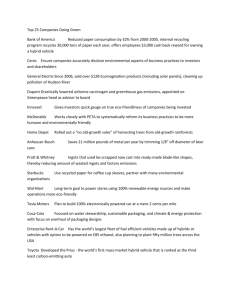GREENER LIVING
advertisement
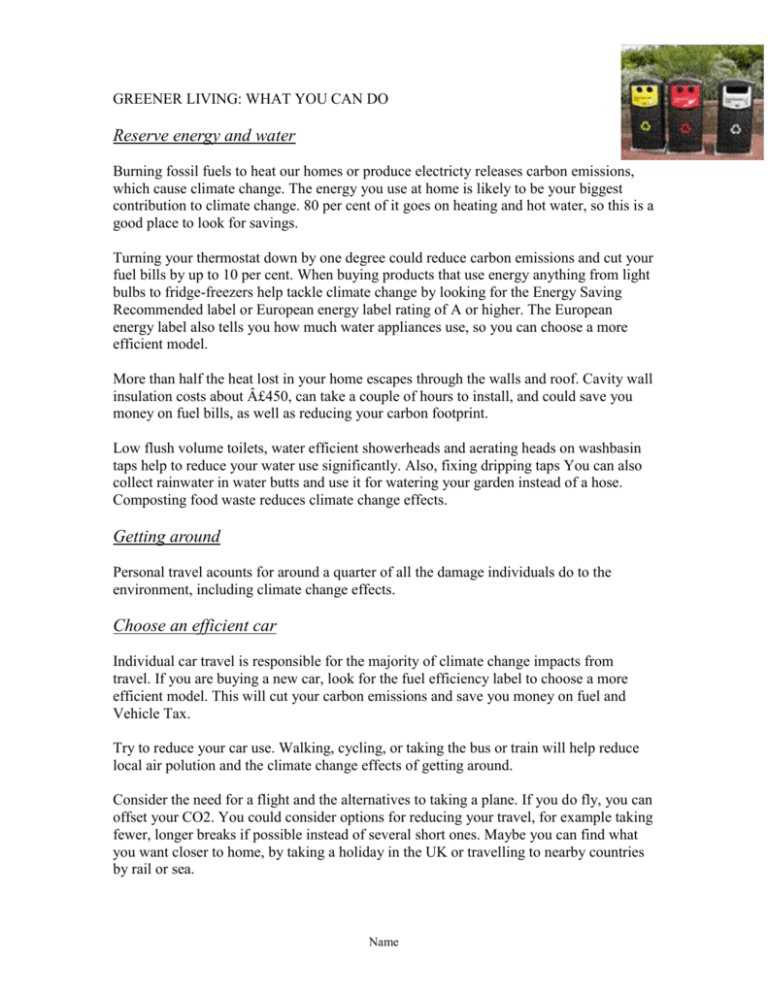
GREENER LIVING: WHAT YOU CAN DO Reserve energy and water Burning fossil fuels to heat our homes or produce electricty releases carbon emissions, which cause climate change. The energy you use at home is likely to be your biggest contribution to climate change. 80 per cent of it goes on heating and hot water, so this is a good place to look for savings. Turning your thermostat down by one degree could reduce carbon emissions and cut your fuel bills by up to 10 per cent. When buying products that use energy anything from light bulbs to fridge-freezers help tackle climate change by looking for the Energy Saving Recommended label or European energy label rating of A or higher. The European energy label also tells you how much water appliances use, so you can choose a more efficient model. More than half the heat lost in your home escapes through the walls and roof. Cavity wall insulation costs about £450, can take a couple of hours to install, and could save you money on fuel bills, as well as reducing your carbon footprint. Low flush volume toilets, water efficient showerheads and aerating heads on washbasin taps help to reduce your water use significantly. Also, fixing dripping taps You can also collect rainwater in water butts and use it for watering your garden instead of a hose. Composting food waste reduces climate change effects. Getting around Personal travel acounts for around a quarter of all the damage individuals do to the environment, including climate change effects. Choose an efficient car Individual car travel is responsible for the majority of climate change impacts from travel. If you are buying a new car, look for the fuel efficiency label to choose a more efficient model. This will cut your carbon emissions and save you money on fuel and Vehicle Tax. Try to reduce your car use. Walking, cycling, or taking the bus or train will help reduce local air polution and the climate change effects of getting around. Consider the need for a flight and the alternatives to taking a plane. If you do fly, you can offset your CO2. You could consider options for reducing your travel, for example taking fewer, longer breaks if possible instead of several short ones. Maybe you can find what you want closer to home, by taking a holiday in the UK or travelling to nearby countries by rail or sea. Name EATING AND DRINKING Producing, transportting and consuming food is responsible for nearly a fifth of our climate change effects. Some foods have a much bigger impact on the envirnment than others. Look for the labels to help you choose food that has been produced with the aim of reducing the negative impact on wildlife and the environment. Buy fresh and in season Buying food and drink when locally in season, and unprocessed or lightly processed food, is likely to mean that less energy has been used in its production. Providing it has been produced and stored under similar conditions, choosing food that has travelled a shorter distance will help to reduce congestion and transport emissions that contribute to climate change. Reduce your food waste Food that goes in the bin - if this ends up in landfill it produces methane, a greenhuse gas judged to be more than 20 times as powerful as carbon dioxide in causing climate change. Throwing less food away produces less methane and reduces other harmful environmental impacts from producing, packaging and transporting food. Recycling and cutting waste Reducing, reusing and recycling waste saves on the raw materials and energy which are needed to make new paper, metal, glass and other items. Saving energy helps tackle climate change. Avoiding waste in the first place, by re-using and repairing items, is the most efficient way to reduce waste. For example, buy items that can be re-used rather than disposables, and pass things on when you have finished with them. Recycle more Nearly two thirds of all household rubbish can be recycled. Most councils run doorstep recycling collections for paper, glass and plastics, often more. But local civic amenity sites often accept many other things from wood and shoes, to textiles and TVs. Get composting Composting food waste reduces climate change effects. Many local councils offer subsidised compost bins or home collection for kitchen and garden waste. Greener Shopping Re-use your plastic bags or bags for life Choose energy efficient products Take a bag Look for labels Buy recycled Look for recycled products: paper, kitchen roll, toilet roll etc Name Effects Consider these points for a greener living. INFORMATION BROCHURE 07/02/2016 Name
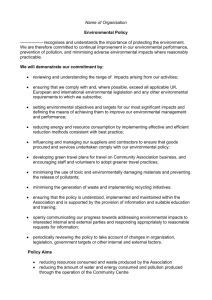
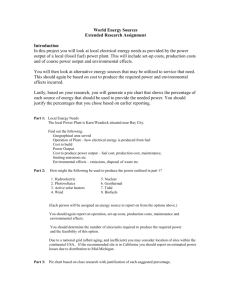
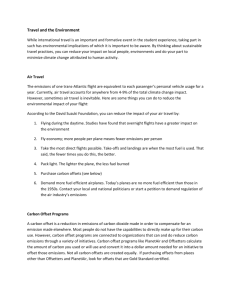
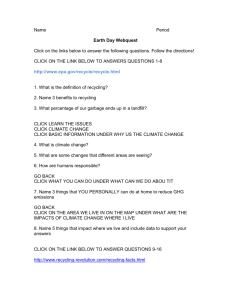
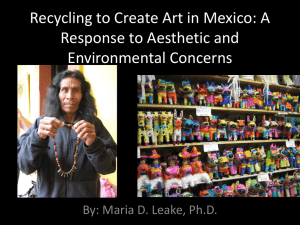
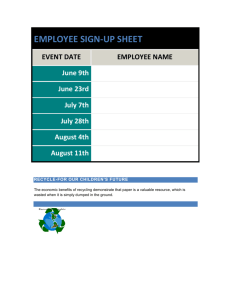
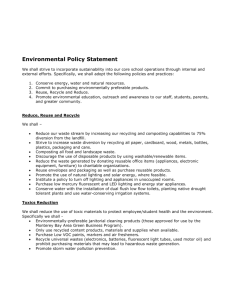
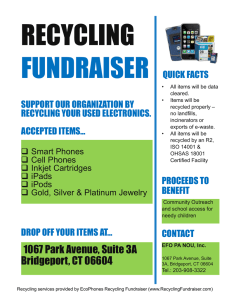
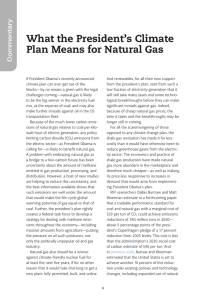
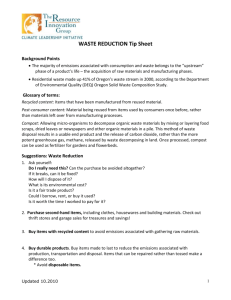
![School [recycling, compost, or waste reduction] case study](http://s3.studylib.net/store/data/005898792_1-08f8f34cac7a57869e865e0c3646f10a-300x300.png)
